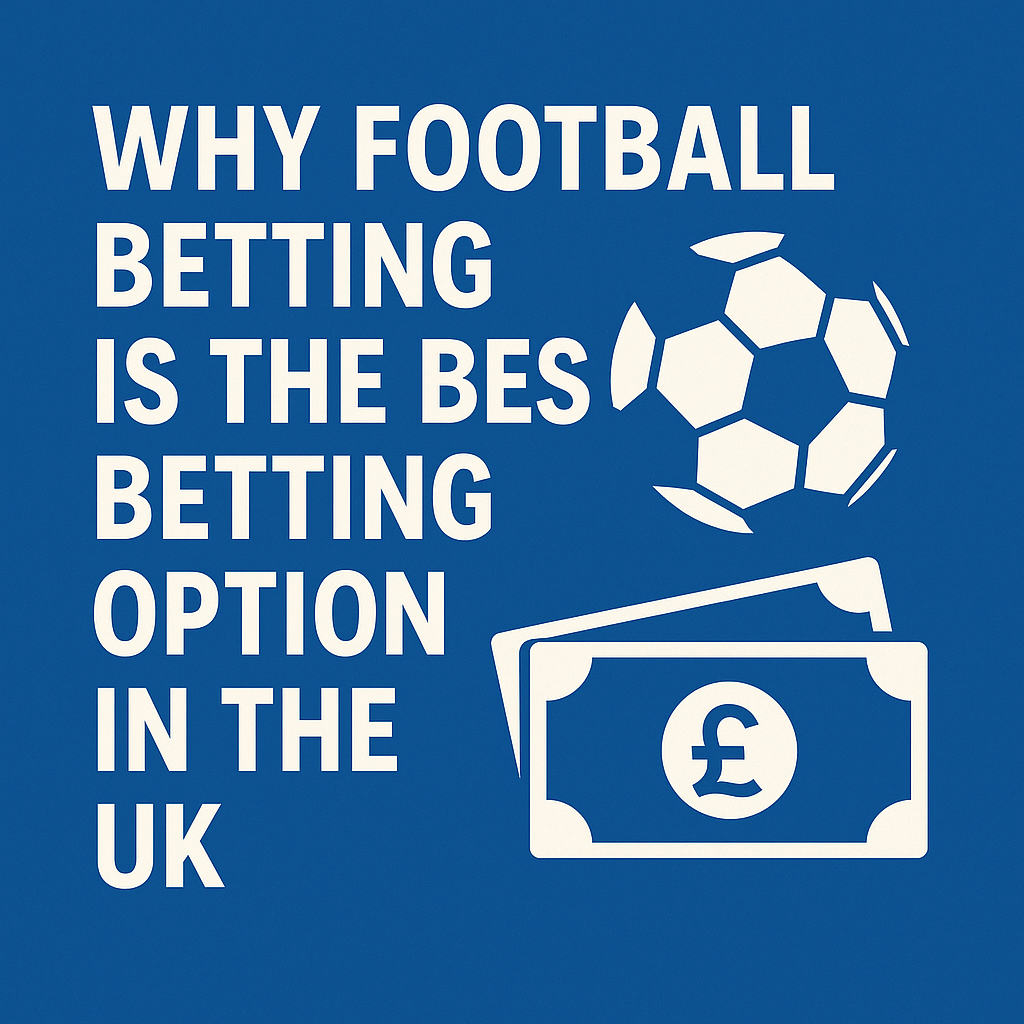
The Influence of EU Laws on Danish Online Gambling
Pamela
- 0
Introduction: A Legal Tug of War
The relationship between European Union law and national gambling regulations is a complex dance of sovereignty, market freedom, and consumer protection. Nowhere is this more evident than in Denmark—a country with one of Europe’s most structured gambling systems. As a representative of the online casino sector, I’ve witnessed firsthand how EU directives, court rulings, and market pressures shape the way Danes play, deposit, and win online.
For years, Denmark’s tightly regulated model has been held up as a gold standard in protecting players and preventing addiction. But the rise of digital platforms, cryptocurrencies, and foreign operators has shifted the battlefield. Today, thousands of Danish players are exploring casinoer uden dansk licens, drawn by better bonuses, faster payouts, and fewer restrictions.
How does EU law influence this phenomenon? And can Denmark maintain its national control without violating European rules on the free movement of services? Let’s explore the answers through a legal, economic, and technological lens.
The Danish Gambling Model: Controlled Freedom
In 2012, Denmark introduced a licensing system for online gambling. The goal was simple: legalize, regulate, and tax online casinos while protecting vulnerable users.
Under the Danish Gambling Authority (Spillemyndigheden), operators must:
- Hold a Danish license
- Enforce self-exclusion via ROFUS
- Comply with AML (Anti-Money Laundering) and KYC (Know Your Customer) laws
- Pay gambling duties (currently 28% GGR for casinos)
This has created a closed but competitive market, with around 50 licensed operators. However, many Danes have sought alternatives abroad—raising the question of legality under EU law.
The Principle of Free Movement of Services
One of the EU’s core principles is the freedom to provide services across member states. This means a company licensed in one EU country can, in theory, offer its services to citizens in another—unless justified by overriding public interest.
In gambling, this principle has led to legal grey zones. While Denmark insists on national licensing, many foreign casinos argue they should be allowed to serve Danes if they are regulated in another EU country (e.g., Malta, Curaçao, Estonia).
The Court of Justice of the European Union (CJEU) has ruled that gambling restrictions are only valid if:
- They are non-discriminatory
- They serve legitimate aims (e.g., addiction prevention)
- They are proportionate and consistent
This puts Denmark in a delicate position. If the state blocks foreign sites or punishes players who use them, it may face legal action at the EU level.
The Role of the Danish Gambling Authority
The Spillemyndigheden has taken several steps to maintain national control while complying with EU law:
- IP and payment blocking of unlicensed sites
- Monitoring tools for suspicious activity
- Cooperation with banks to prevent illegal transfers
- Awareness campaigns about risks of unlicensed gambling
However, these measures are not foolproof. Many casinoer uden dansk licens circumvent blocks through mirror sites, crypto payments, or affiliate networks. As a result, enforcement becomes a game of cat and mouse.
Interestingly, the Gambling Authority has never prosecuted players for gambling on foreign sites. This suggests an unofficial tolerance, possibly due to EU pressure not to criminalize cross-border behavior.
The Malta vs. Denmark Dilemma
Malta is the most prominent EU member issuing gambling licenses. Its MGA (Malta Gaming Authority) is well-respected and oversees hundreds of online casinos.
Many of these sites accept Danish players—without a local license—arguing that their Maltese license under EU law is sufficient.
Denmark, on the other hand, views this as illegal targeting of Danish consumers. The core issue is whether Malta-licensed sites can actively market to Danes without violating Danish law.
This has led to several EU-level disputes, often unresolved due to the lack of a unified EU gambling framework.
Taxation: A Hidden Legal Conflict
Another area of EU influence is tax harmonization. While each country sets its own gambling tax rate, distortions arise when players migrate to low-tax jurisdictions.
For instance, a Danish player pays tax through the casino’s GGR (28%). A Maltese casino may only pay 5–10%. This creates:
- Regulatory arbitrage: casinos license in low-tax zones but serve higher-tax markets
- Unfair competition: licensed Danish casinos must offer lower bonuses due to higher tax burdens
- Player migration: more value for money abroad
While EU law allows tax sovereignty, these effects push the need for a pan-European solution or at least a reform of cross-border tax cooperation.
ROFUS and GDPR: A Privacy Paradox
One of Denmark’s strongest tools is ROFUS, a national self-exclusion register. Players who enroll cannot access any Danish-licensed gambling platform.
But under EU’s GDPR (General Data Protection Regulation), collecting and sharing personal data must follow strict rules. This raises questions:
- Can Denmark force all operators (even foreign ones) to honor ROFUS?
- Is IP-blocking consistent with data privacy rights?
- How should cross-border exclusion lists function under GDPR?
Currently, ROFUS only applies to national license holders. Foreign casinos are not bound to follow it—highlighting the limits of national enforcement in an EU setting.
The Rise of Cryptocurrency and Anonymous Play
Another EU-related challenge is the rise of crypto casinos. These platforms often:
- Operate without a traditional license
- Accept anonymous wallets
- Are immune to national blocking
- Avoid EU banking rules
This undermines both Danish and EU-level regulation. The forthcoming MiCA regulation (Markets in Crypto-Assets) will introduce new controls, but enforcement will still be hard if the casino has no EU presence.
In Denmark, these crypto platforms are gaining popularity precisely because they sidestep regulation. This shows how EU law must evolve to cover new technologies, not just legacy systems.
European Court Cases That Changed the Game
Several court rulings have shaped the Danish gambling landscape indirectly:
Gambelli (2003)
Ruled that Italy could not block EU-based operators without clear, consistent justification. Set the precedent that protectionism is not a valid excuse.
Placanica (2007)
Allowed unlicensed foreign bookmakers to operate if their home license was valid, unless the host country could prove proportionality.
Liga Portuguesa (2009)
Let Portugal ban foreign operators but only due to a comprehensive and consistent policy on public interest.
Each case pushes Denmark to tighten justifications for blocking foreign services—and to constantly update its approach.
How EU Law Benefits Danish Players
Despite the complexity, EU law provides several positive outcomes for Danish consumers:
- Increased access to global platforms
- Better protection via data privacy laws (GDPR)
- Higher standards for financial transparency (AML directives)
- Legal recourse in case of disputes
In some cases, players have successfully claimed winnings from foreign casinos due to EU contract law or consumer rights protections.
What the Future Might Hold: Expert Forecast
A Unified EU Gambling License?
One long-discussed idea is a pan-European license. This would allow casinos to operate across all EU countries with a single, standardized approval.
Advantages:
- Easier regulation
- Higher consumer protection
- Consistent tax frameworks
Challenges:
- National sovereignty
- Cultural differences in gambling tolerance
- Existing tax revenue streams
While unlikely in the short term, pressure from both operators and EU consumers could reignite this discussion by the end of the decade.
Smarter Geoblocking and Geo-permissioning
Rather than blocking access entirely, future laws may allow permission-based access:
- Players can self-declare risk level
- Casinos offer country-specific protections
- Tax obligations shared between jurisdictions
This hybrid model would balance freedom of choice with responsible gambling frameworks.
EU-Wide ROFUS System?
With addiction prevention becoming a European concern, it’s plausible that the EU may develop a shared exclusion system—where enrollment in one country applies across all.
Such a system would:
- Reduce migration to unregulated sites
- Prevent “ROFUS evasion” by using foreign platforms
- Protect vulnerable players more effectively
But GDPR concerns and political resistance remain hurdles.
Summary: The European Puzzle of Danish Gambling
EU law profoundly influences Danish online gambling—sometimes supporting national sovereignty, other times challenging it. Players, regulators, and operators all walk a legal tightrope, navigating between freedom, protection, and profit.
Casinoer uden dansk licens are both a symptom and a cause of this tension. They exist because EU law permits certain freedoms, but they also push national regulators to improve local offerings and policies.
For Danish players, this means more options—but also more complexity. As the EU slowly harmonizes its gambling policies, expect even greater scrutiny, smarter tools, and perhaps a truly unified market in the years to come.
In the meantime, knowledge is your best protection. Understand your rights, the laws behind your choices, and the true cost of crossing borders—both legal and digital.

